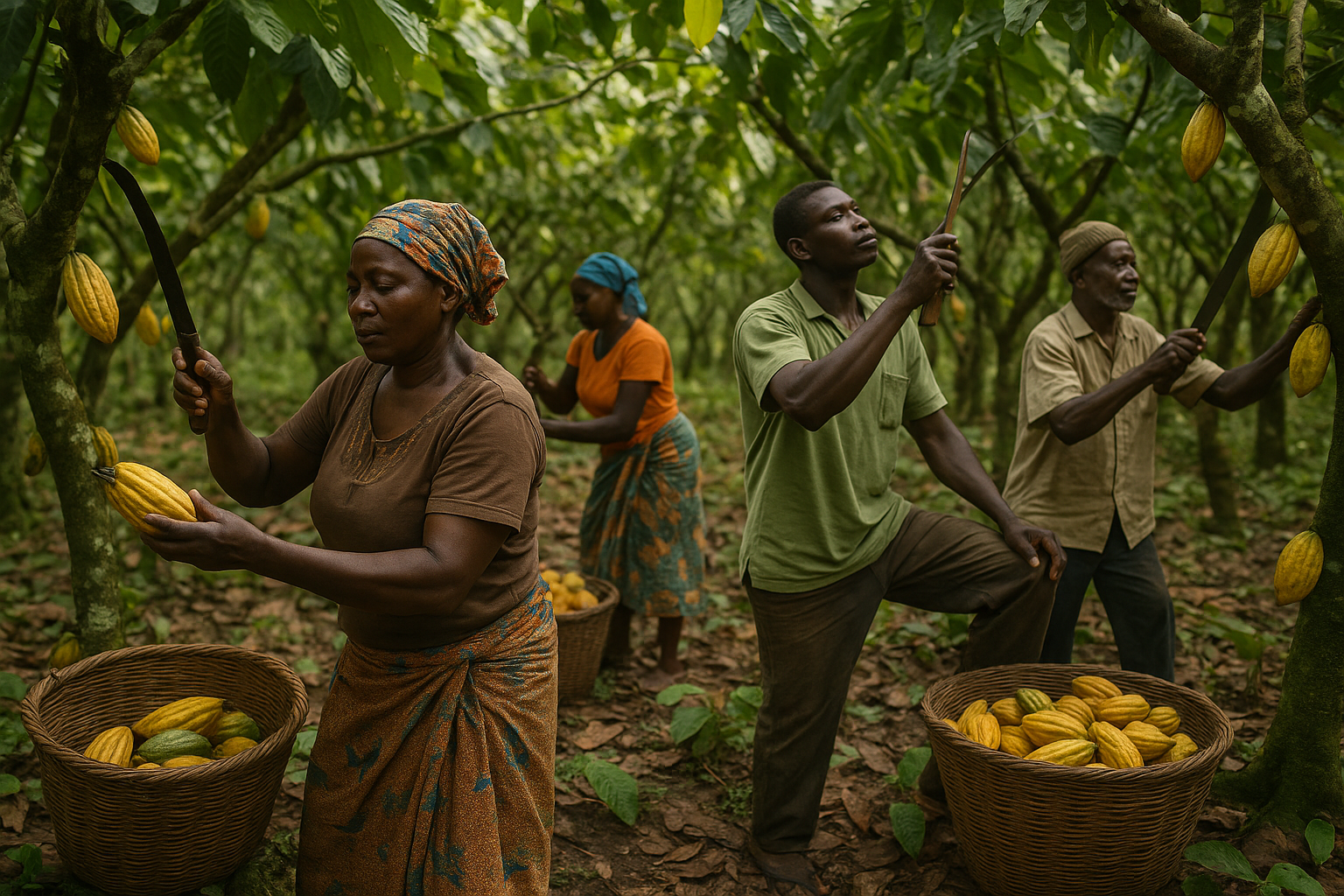Seville Conference: IFAD Pushes for Rural-Focused Finance to Tackle Global Inequities
“Rural development, specifically rural jobs, is one of the areas with the highest return on investment in development today,” emphasized Alvaro Lario, President of IFAD.

As world leaders, development banks, and policy experts convene in Seville for the Fourth International Conference on Financing for Development (FfD4), the International Fund for Agricultural Development (IFAD) is sounding the alarm on an often-overlooked opportunity: the transformative power of rural investment—particularly in agrifood systems. With geopolitical tensions straining global cooperation and a growing $4 trillion financing shortfall, IFAD is calling for a fundamental realignment of how development is financed to ensure more inclusive, sustainable growth.
From Aid to Investment: Redefining Rural Development
“Rural development, specifically rural jobs, is one of the areas with the highest return on investment in development today,” emphasized Alvaro Lario, President of IFAD. “Every dollar invested in sustainable agriculture can yield up to 16 dollars in returns. We must stop thinking of rural development as charity.”
Lario's remarks highlight a major theme of the conference: rural development is not only an ethical imperative but also a strategic economic investment. With smart, targeted funding, the global agrifood system could unlock over $4.5 trillion in annual business opportunities by 2030, while creating more than 120 million jobs worldwide—many in the poorest, most climate-vulnerable areas.
Targeting Food Systems and the “Farm to Fork” Value Chain
The “farm to fork” value chain encompasses an ecosystem of opportunities from agricultural production, processing, and distribution to retail and waste management. According to IFAD, this chain remains underfinanced, despite the fact that smallholder farmers, herders, fishers, and Indigenous Peoples—who produce one-third of the world’s food—are key to solving global food insecurity and climate vulnerability.
By investing just 0.5% of global GDP, the world could transform food systems, dramatically improve livelihoods, and build resilience in regions that host 80% of the world’s poorest people.
Innovative Tools for a Fairer Financial System
Lario insists that solving the development financing crisis is not just about raising more money. “We need to reform the system to make better use of what we already have, with fairness, accountability, and a clear focus on impact.”
IFAD is leading this effort by leveraging:
-
De-risking tools to make rural projects bankable
-
Blended finance to crowd-in private investors
-
Concessional lending to support inclusive, climate-resilient growth
These tools aim to mobilize private capital toward sustainable agrifood systems, addressing persistent market failures and ensuring investments reach underserved areas.
The Role of Public Development Banks and AgriPDB
Public development banks (PDBs)—with over $23 trillion in assets—play a crucial role in financing rural development but often lack the tools to serve small-scale producers. To address this, IFAD and the French Development Agency are co-leading the AgriPDB Platform, an initiative that builds institutional capacity and aligns financial flows with inclusive, climate-smart food systems.
Remittances: An Untapped Rural Development Engine
One of the most underutilized financial resources is remittances—the money migrant workers send back to their home countries. In 2024 alone, global remittances reached $685 billion, surpassing both official development assistance (ODA) and foreign direct investment (FDI). Notably, one-third of these funds flowed to rural areas.
In 30 countries, remittances represent more than 10% of GDP. IFAD has financed over 75 remittance-focused projects across 50 countries, helping more than 1.8 million people access financial education, tailored financial products, and diaspora investments. IFAD advocates for:
-
Lower transaction costs
-
Improved financial inclusion
-
National development policies that integrate remittance flows
The Compromiso de Sevilla: A Pledge for Action
The conference's outcome document, the Compromiso de Sevilla, calls for intensified efforts to unlock private investment in agriculture and food systems. “We need to make private capital work for rural development,” Lario emphasized. “This is our opportunity to close financing gaps and reshape development as a tool for peace, prosperity, and sustainability.”
Seizing the Agrifood Opportunity for Global Impact
IFAD’s message in Seville is clear: rural development is the linchpin of global stability and sustainable growth. With smart financial tools, public-private collaboration, and recognition of agriculture's untapped potential, the international community has a rare chance to transform the world’s most vulnerable regions into engines of prosperity. The challenge now is to match words with action—and turn Seville’s commitments into tangible results on the ground.










